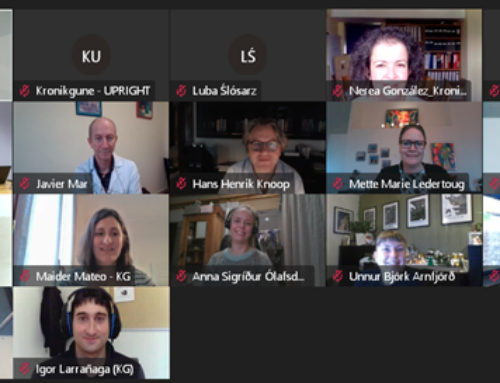 In schools, young people live, bond, work and play, making schools one of the most influential long-term contexts for children’s cognitive and social development. During the schooling phase, young people develop their social and emotional capacities, a topic of relevance for both mental health professionals and educators. Educators have long witnessed that the unmet psycho-social needs of children and families overwhelm the resources of schools and undermine their ability to educate children.
In schools, young people live, bond, work and play, making schools one of the most influential long-term contexts for children’s cognitive and social development. During the schooling phase, young people develop their social and emotional capacities, a topic of relevance for both mental health professionals and educators. Educators have long witnessed that the unmet psycho-social needs of children and families overwhelm the resources of schools and undermine their ability to educate children.
Although scientific studies are progressively showing the benefits of locating mental health interventions in schools, there is still no consensus on what specific characteristics these interventions must have in order to be effective and efficient in different school contexts. In addition, the integration of mental health interventions in schools presents challenges linked to the availability of resources to meet the demands, the ability to implement them and being able to keep up with the pace of the academic curriculum, and its dependency on the school environment of each school. The negative environment of schools located in impoverished communities overwhelms the current resources of these centres, and yet this particularity has not been remedied by current models. As many have pointed out, these issues suggest that the presumption of integrated services in schools needs critical analysis.
Since there is no single intervention’s programme that fits all the necessities of the schools, it is necessary for schools to customize these programmes according to their needs. Whole – school approaches imply using the natural resources of a centre such as: teachers themselves, but providing resources for them to become key agents of change in schools; social relationships, regulating relationships among peers; students themselves; and families themselves, strengthening their active involvement.
UPRIGHT:
- Uses this whole – school universal approach implying also that (a) the identification of any mental health need emerges directly within the school setting; (b) the main focus is to improve psycho-social functioning to make adolescents more competent; and (c) learning occurs within a social climate including relationships with teachers and other students, so social emotional skills are of utmost importance for better learning and behaviour in the long term.
- Mental health experts provide support and training to educational staff in implementing the programme at the school.
- Is designed to be embedded in the school curriculum as any other academic subject. Nonetheless, first there is a need to evidence whether the programme leads to substantial improvements in resilience and well-being. However, the first benefits will be scientifically evidenced by mid-2020 for adolescents that started UPRIGHT in 2018 and in mid-2021 for those that started with the programme in 2019. These benefits cannot be evidenced earlier, indicating the need for long-term investments that provide time to embed interventions within school procedures.
In conclusion, it is a fact that mental health interventions need to be introduced into the classroom, but the formula for the best long-term health outcomes remains to be found. The UPRIGHT project is a step forward in this direction.
References: Atkins, M. S., Hoagwood, K. E., Kutash, K., & Seidman, E. (2010). Toward the integration of education and mental health in schools. Administration and Policy in Mental Health and Mental Health Services Research, 37(1-2), 40-47.
Carlota Las Hayas Rodriguez, PhD
Principal investigator of UPRIGHT,
Kronikgune, Spain





